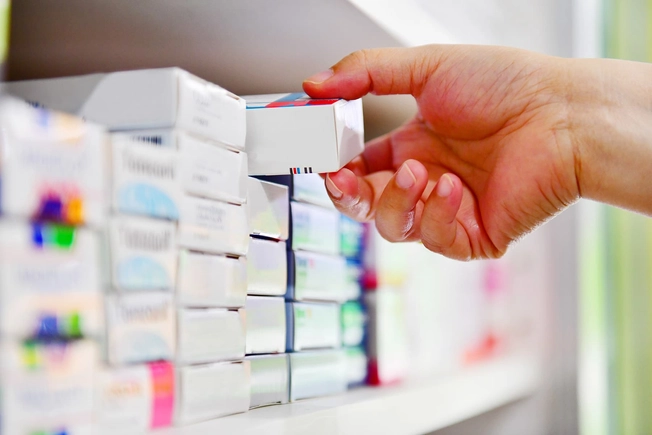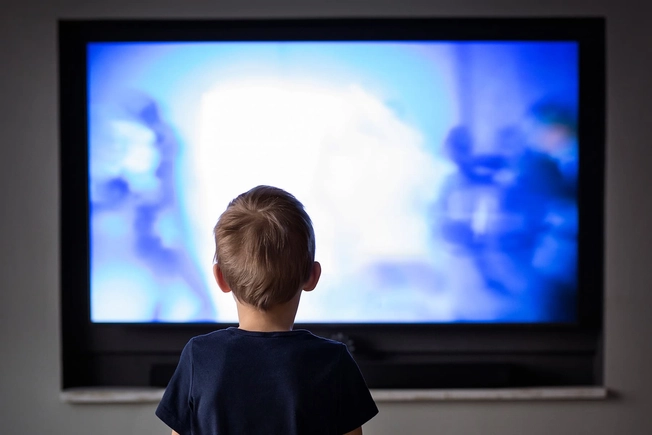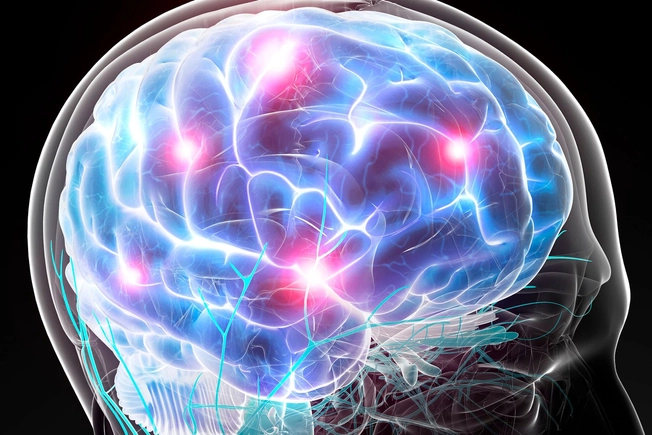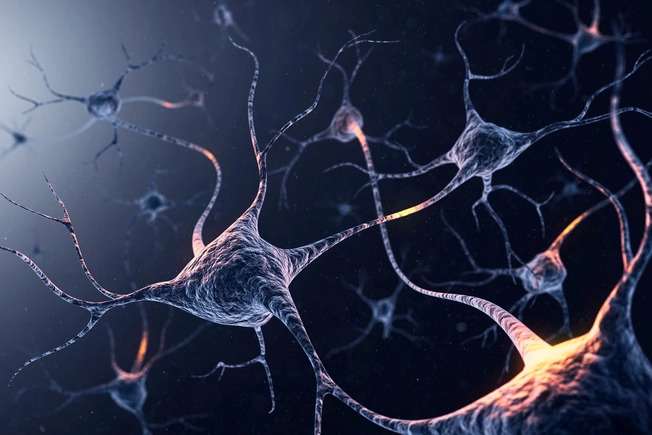Avoid Seizure Triggers


Take Medicine as Prescribed
The top trigger for a seizure is not taking medication as prescribed. One missed dose probably won’t cause a seizure, but your chances rise the longer you go without your meds. You could go into withdrawal or have an even worse seizure. Take your medication every day to build up a steady amount of it in your blood.

Get More Sleep
A lack of sleep raises your chances of a seizure and can make them longer and stronger. The right amount varies for different people, and children need more than adults. Your doctor can tell you how much is best for your child. Studies show that kids with epilepsy are likely to also have a sleep disorder. Your doctor can make a diagnosis and suggest treatment. Your child may need to have their tonsils taken out or to use a CPAP machine.

Be Careful With OTC Medicines
Some over-the-counter (OTC) medicines can trigger or worsen seizures. The most common one is diphenhydramine, which is in many cold and allergy medicines. Others can change the levels of seizure medicines in the blood. This may boost their side effects or even set off a seizure. Talk to your doctor about which OTC medicines are safe to take or give to your child with seizure medication.

Avoid Caffeine
Since it’s a stimulant, caffeine can also keep you awake. Kids may be even more sensitive to its effects. Going without sleep is a trigger for seizures. There’s no proof that a normal amount of caffeine directly causes seizures, but some say using large amounts of it makes their condition worse. You’ll find it in coffee, sodas, and energy drinks, as well as over-the-counter cold and flu medicine.

Lower Stress and Anxiety
It’s not clear why stress can spark a seizure. One reason may be the impact of stress hormones on your brain. To help your child deal with stress, you can:
- Encourage them to talk about their feelings
- Brainstorm with them on how to solve problems
- Help them find ways to manage stressful situations

Stay Hydrated
As you look for ways to avoid seizures, be sure to stay hydrated. A loss of too much water can raise your odds. Drink plenty of water when you’re working out, it’s hot outdoors, or if you’re throwing up or have diarrhea. If your child doesn’t like water, adding a slice of lemon or lime to it. But stay away from sugar-laden fruit juices or sodas.

Eat Regularly
A seizure can sometimes happen when your blood sugar dips too low, especially when you have diabetes and take too much insulin. Make sure that you or your child sticks to a regular schedule of meals and snacks.

Avoid Flashing or Flickering Lights
Around 3% of people with epilepsy have seizures if they see flashing or flickering lights. It happens more often in kids and tapers off as they get older. Triggers include:
- TV screens
- Computer monitors
- Quick flashes of light
- Changing patterns
To lessen seizure risk, your child should sit as far from the TV, computer, or video game monitor as possible. Have them take regular breaks and turn the screen off if they’re tired.

Be Aware of Hormone Changes
Around 50% of people with epilepsy who have periods say they have more seizures around this time. Experts think it’s because certain hormones affect nerve cells in the brain. The hormone estrogen makes seizures worse, while progesterone acts as a shield. Around your period, estrogen spikes and progesterone dips. Some people find it helps to adjust their seizure medicine before their period, but talk to your doctor or your child’s doctor first.

Boost Vitamin B6
A shortage of vitamin B6, especially in babies, can set off a seizure. People with a deficiency who have seizures may get this vitamin through an IV while doctors record their brain activity to see if it improves. Some take other supplements to curb their seizures, but there’s no evidence these work.

Keep an Eye on Your Mineral Levels
Low levels of sodium, calcium, and magnesium could also be to blame for seizures. These minerals help keep the electrical activity in your brain working correctly. But it’s uncommon to need extra amounts of these minerals to control the condition. You or your child may need a change in medication or to treat another condition, such as kidney disease or a hormonal imbalance. Talk to your doctor.